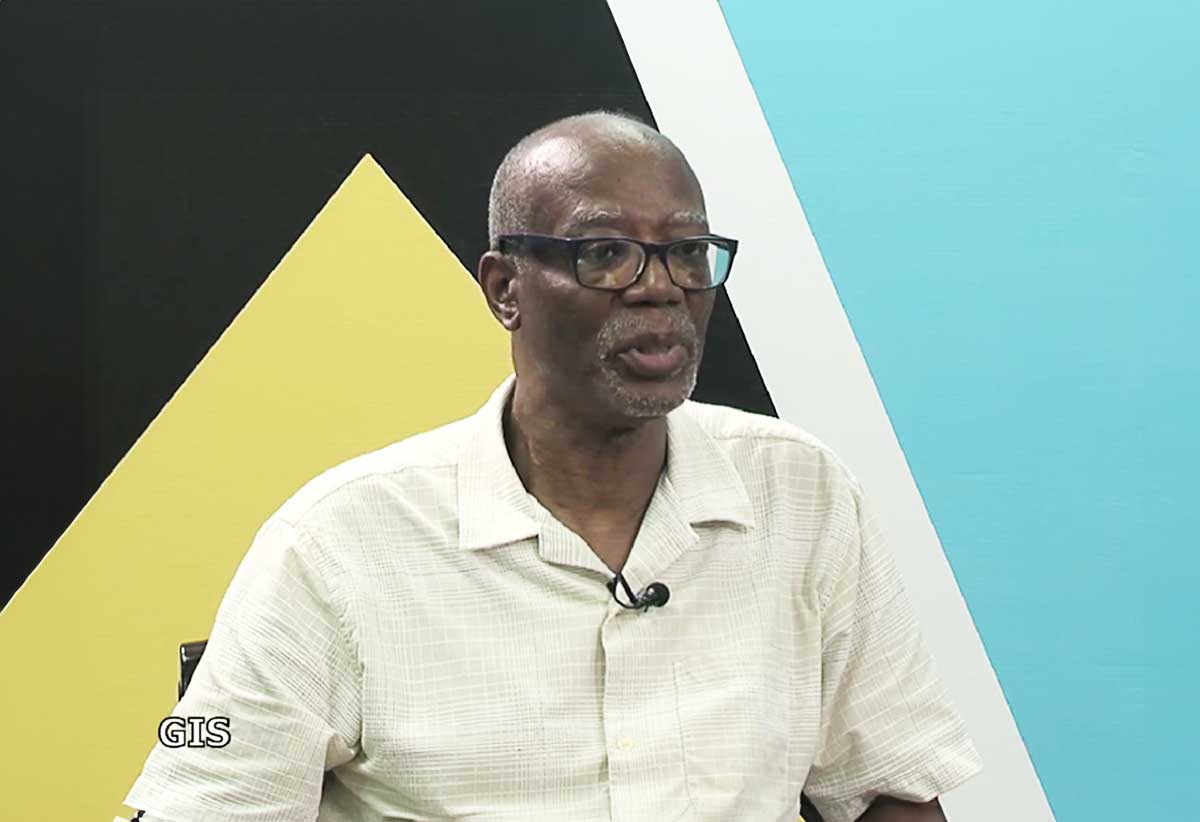
In an effort to keep the backlog of cases in the local court system as low possible, the Mediator’s Forum says it intends to promote the benefits of mediation in various communities, as not only has mediation proven to be effective, but furthermore, saves time.
Director of the Mediator’s Forum Urban Dolor noted this much this week when he appeared on ‘TV 30’, a programme aired on the Government Information Service (GIS).
According to Dolor, “if you are able to resolve matters within the community then that is one less matter to come into the court system; we certainly would be helping the court.”
Since mediation was introduced in Saint Lucia nearly two decades ago, there has been a significant decrease in the backlog of cases. Said Dolor, “when we started doing mediation in 2005 we were doing cases that were filed” about 10 years prior.
“The vast majority of cases we were doing in 2005 were cases from the 1990’s. I can tell you that in 2023 we were doing cases” from that same year-2023, Dolar said.
Whilst there might be “one or two cases from 2016 and so on”, he said “the vast majority of the cases that we were doing at mediation were from 2022, a few from 2021, and we were already doing some from 2023 so that goes to show how well we had dealt with the back log of cases.”
Mediation, as the Legal Information Institute- LII puts it, is an alternative dispute resolution method with a neutral intermediary helping parties find a solution to disputes.
Since mediation is less rigid than both litigation and arbitration, LII noted, it allows for creative techniques that would not be acceptable in other settings.
For instance, “a mediator can speak ex parte with each side to find mutually acceptable solutions that might not otherwise emerge.”
According to LII, mediation may also be called case evaluation or facilitated negotiation.
“The most important advantage of mediation is that it saves time. The back log of cases that existed before mediation started is no more. You can get a settlement (or) an agreement much quicker through mediation,” Dolor stated.
Further, the director acknowledged, “it is very important for mediators to have negotiation skills because at the end of it all what you’re really attempting to do is to help the parties negotiate.”
A seasoned negotiator, he added, would have a much better chance of helping individuals.
Many Saint Lucians, Dolor said, possibly are not aware of this technique (mediation) which has proven to be beneficial.
“In the opening of the 2024 law year in Guyana one of the things the Chief Justice urged lawyers to do was to start looking at the alternative dispute resolution (ADR) with a focus on mediation with a view to reduce the backlog of cases,” Dolor said, noting that in Barbados the judiciary “is starting a keen initiative to reduce the back log of cases in the court system.”
Additionally, he said, “when you look at the work of the Eastern Caribbean Supreme Court our aims would include a number of objectives that are in sync with what the Court wants to do… we want to have a Code of Conduct for mediators. Once you have a Code of Conduct then you are in a sense establishing the standards that will be used or that will guide the actions of mediators… so mediators in general will not come into disrepute.”
“The third way we can work hand in hand with the Court is the whole question of providing educational opportunities for persons who want to become mediators. The Court has a very elaborate, extensive and useful training programme. One of the things we can do in conjunction with Sir Arthur Lewis Community College… would be to mount educational programmes. Not as extensive as those the Court mounts; that (programme) would be for the general public or even for managers and so on. When you think about it, practically all of our objectives are consistent with the Court,” Dolor said.





![Attendees at the UHC logo and website launch [Photo credit: GOSL]](https://thevoiceslu.com/wp-content/uploads/2026/02/Attendees-at-the-UHC-logo-and-website-launch-380x250.jpg)






![Remnants of an alleged drug boat blown up in a lethal strike by the U.S. military last week surfaced off Canouan on Saturday [Photo credit : St Vincent Times]](https://thevoiceslu.com/wp-content/uploads/2026/02/Remnants-of-an-alleged-drug-boat-blown-up-380x250.jpg)
